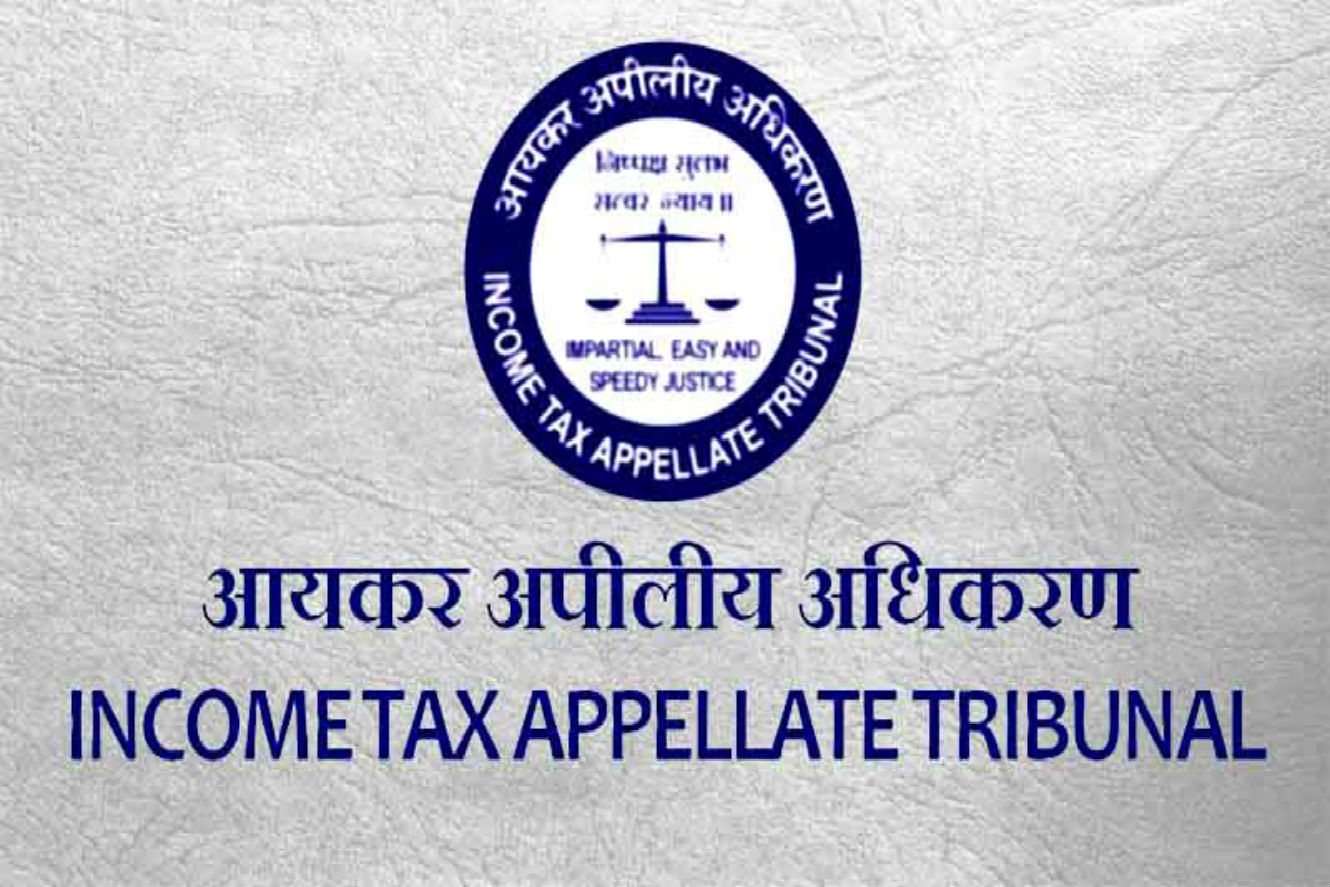
ITAT Indore Bench has shown judicial leniency by condoning a 498-day delay in filing an appeal caused by a Chartered Accountant’s (CA) mistake of confusing a sale agreement with a sale deed. The tribunal emphasized that genuine mistakes should not deprive taxpayers of justice and remanded the capital gains case for fresh adjudication by the Commissioner of Income Tax (Appeals) [CIT(A)].
Also Read: How Indians Can Start a Company in the USA: Step-by-Step Guide
Case Background:
- The taxpayer had entered into a sale agreement but the CA treated it as a registered sale deed, leading to an incorrect tax computation.
- The Income Tax Department computed capital gains on the assumption that ownership was transferred.
- Due to the CA’s error, the taxpayer’s appeal was delayed by 498 days.
Also Read: Directors Remain Personally Liable for Cheque Bounce Cases Despite IBC Debt Settlement
Arguments Presented:
- Taxpayer’s Counsel: The delay was unintentional and caused by professional error. Justice should not be denied due to a CA’s genuine mistake.
- Revenue’s Counsel: The department opposed the condonation, citing negligence and the importance of finality in assessments.
Tribunal’s Observations:
- The taxpayer acted in good faith based on professional advice.
- The error was genuine, not deliberate.
- The bench cited Supreme Court rulings emphasizing that substantial justice must prevail over technicalities.
Decision of the ITAT:
The ITAT bench, consisting of Judicial Member Vijay Pal Rao and Accountant Member B.M. Biyani, condoned the delay and remanded the case to CIT(A) for fresh consideration. The tribunal clarified that under Section 2(47) of the Income Tax Act, 1961, a sale agreement does not amount to a property transfer — capital gains arise only upon execution of a registered sale deed.
Key Takeaways:
- Professional Accountability: Tax professionals must carefully interpret documents to prevent costly legal consequences.
- Judicial Leniency: Courts may condone delays if the reason is genuine and not due to negligence.
- Taxpayer Protection: The ruling ensures that taxpayers are not unfairly penalized for their advisors’ mistakes.
Broader Legal Context:
- A sale agreement is only a promise to sell — ownership isn’t transferred.
- A sale deed, once registered, legally transfers rights and triggers capital gains liability.
Expert Reactions:
- Tax professionals welcomed the ruling for safeguarding taxpayer rights.
- Legal experts emphasized maintaining a balance between leniency and accountability.
Conclusion:
The ITAT’s decision reinforces that justice should not be denied due to technicalities. By remanding the case for fair consideration, the tribunal balanced professional accountability with substantive justice, reminding both professionals and taxpayers of the importance of accuracy in tax documentation.
Also Read: Supreme Court Orders Full Disclosure of Convictions: Non-Disclosure Will Lead to Disqualification
Also Read: CJI Gavai Rebukes Government Over Tribunal Reforms Act Adjournment Plea